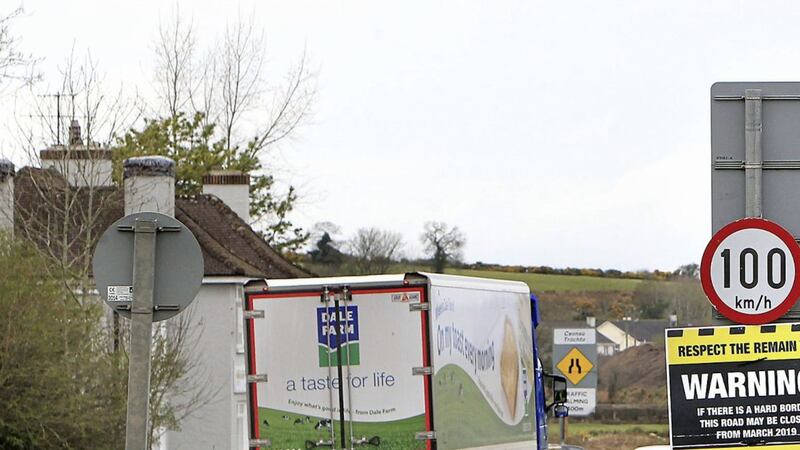THE post-brexit border issue is still a white elephant for the vast majority of Irish businesses - because most haven't a clue what's happening.
Yet despite this - along with rising energy and supply costs, and difficulties recruiting appropriate skills - there remain "buoyant levels" of market confidence, according to InterTradeIreland's quarterly business monitor.
It reveals that a staggeringly low just two per cent cent of respondents have made any plans for the UK’s exit from the European Union.
That is exactly the same figure as the last quarterly monitor, suggesting that businesses are burying their heads in the sand over the issue.
InterTradeIreland's director of strategy and policy Aidan Gough admits it is "concerning" that almost all of those surveyed have not started any forward planning
“The intensely competitive environment may explain this, with firms more focused on facing the current challenges, in addition to the lack of information available on the various potential avenues of impact.
"Our message is simple: while we recognise the pressures facing small business owners dealing with the here and now, there is, nevertheless, a window of opportunity that must be grasped to prepare for the challenges and opportunities that will be presented by a new cross-border trading relationship set to emerge over the next few years.”
The survey further reveals evidence of an intensely competitive economic environment.
Companies are taking advantage of buoyant levels of market confidence, but this is balanced with challenges caused by rising energy, overhead and supply costs, new competitors and difficulties recruiting appropriate skills.
As a result, while 83 per cent of businesses continue to hold their ground or to grow, there has been a 50 per cent increase over the year in the number of businesses that are struggling (12 per cent in Q1 2016 versus 18 per cent in the current survey).
Those facing the greatest competitive challenges are in the retail, distribution and services sectors and in construction, where 27 per cent and 24 per cent of businesses respectively describe themselves as reducing, surviving at all costs or winding down.
In these sectors, many businesses are more likely to face challenges dealing with rising costs either in absorbing them or passing them on in the face of intense competition.
Micro-businesses are also finding it more difficult to compete, with 20 per cent reporting difficult conditions compared with only 4 per cent of firms employing more than 50 people.
Larger companies and those that export are also more likely to be growing (62 per cent and 55 per cent respectively) compared to around a third of micro-firms (35 per cent) and non-exporters (32 per cent).






